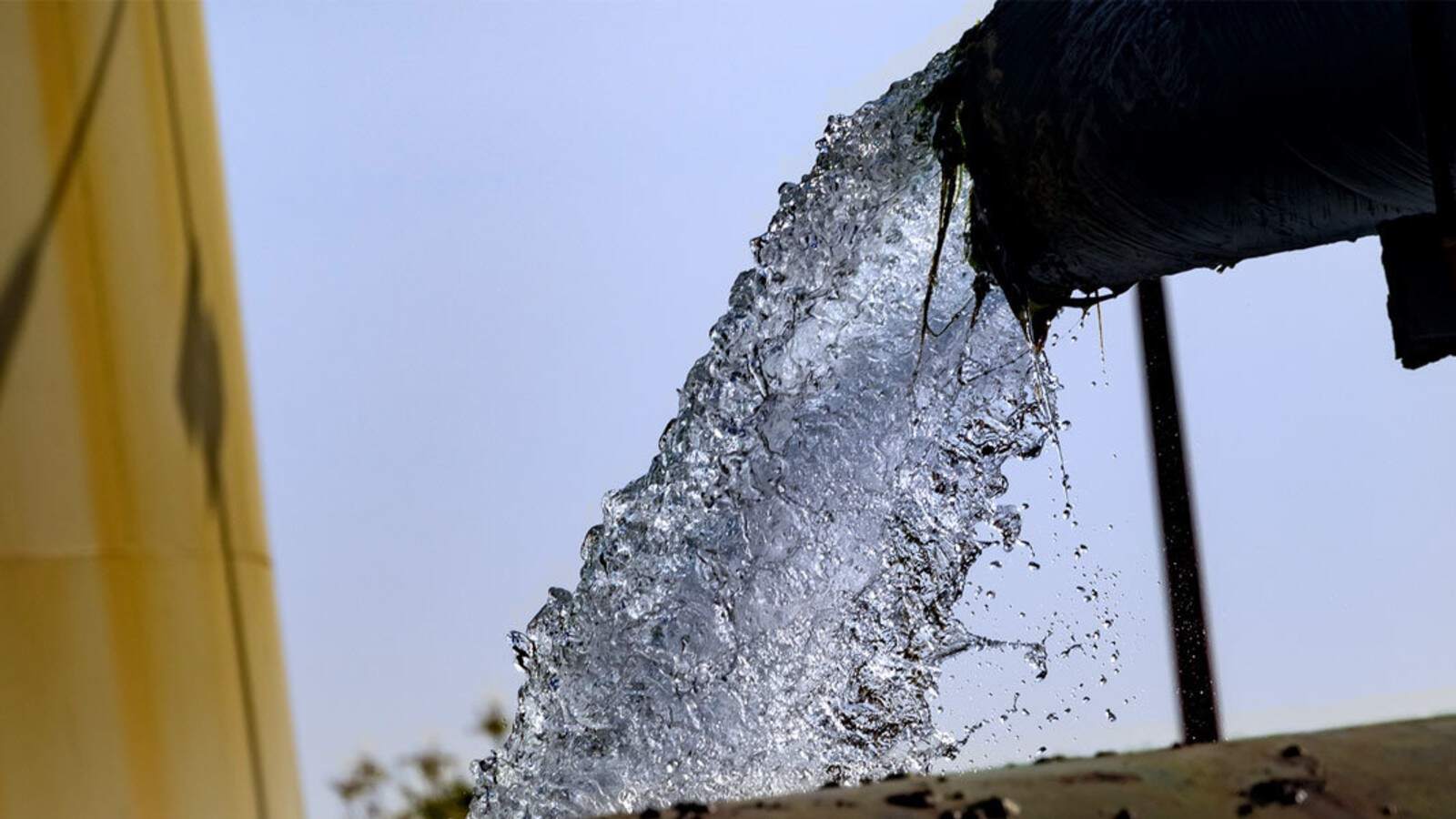NYU Abu Dhabi develops self-cleaning membranes for desalination tech

NYU Abu Dhabi develops self-cleaning membranes for desalination tech: A team of researcher at the New York University (NYU) branch in Abu Dhabi has developed new autonomous membranes designed to clean desalination technologies in a bid to accelerate sustainable potable water production efforts, according to a statement out on Wednesday.
What is membrane desalination? Membrane desalination operations involve extracting salt and minerals from water solutions through porous layers to extend the life cycles of desalination plants. Membrane desalination is prone to fouling, and is the “major culprit to elevated operating costs,” due to the deterioration of permeate flux — the liquid flowing through desal membranes, increasing pressure and resulting in frequent, costly chemical cleaning, which shortens membranes’ lifespans.
The new tech: The NYU Abu Dhabi team has developed a hybrid membrane by utilizing stimuli-responsive materials — substances that react to the presence of or changes in external stimuli, such as light, temperature, and electricity — and thermo salient organic crystals embedded in polymers to enable controlled membrane deformation through pressurized self-modulation of pore sizes to minimize salt leakages in response to changes in temperature. “The crystals on the surface of the membrane respond to short-term increase in temperature, which activates the membrane to effectively remove the deposited contaminants from its surface,” the university notes. NYU concluded a study noting that the process increased the flow of desalinated water by more than 43% compared to conventional osmotic distillation operations, and significantly extended the membrane’s operational lifecycle.
Why does this matter for the region? The MENA region is the most water-scarce region in the world, according to the Public Reference Bureau. Some 6.3% of the global population lives in the region, but MENA only has 1.4% of the world’s renewable freshwater sources. As global warming exacerbates desertification globally, the MENA region is upping its desalination projects and is looking to conserve water to withstand the effects of climate change. Seawater desalination projects currently provide more than 90% of all daily water requirements in the GCC region. The GCC region produces approximately 40% of the total desalinated water in the world, according to the MENA Desalination Market report by Ventures Onsite. Membrane desalination provides a lifeline for coastal communities in our neck of the woods to meet local demands, the research note in the statement.